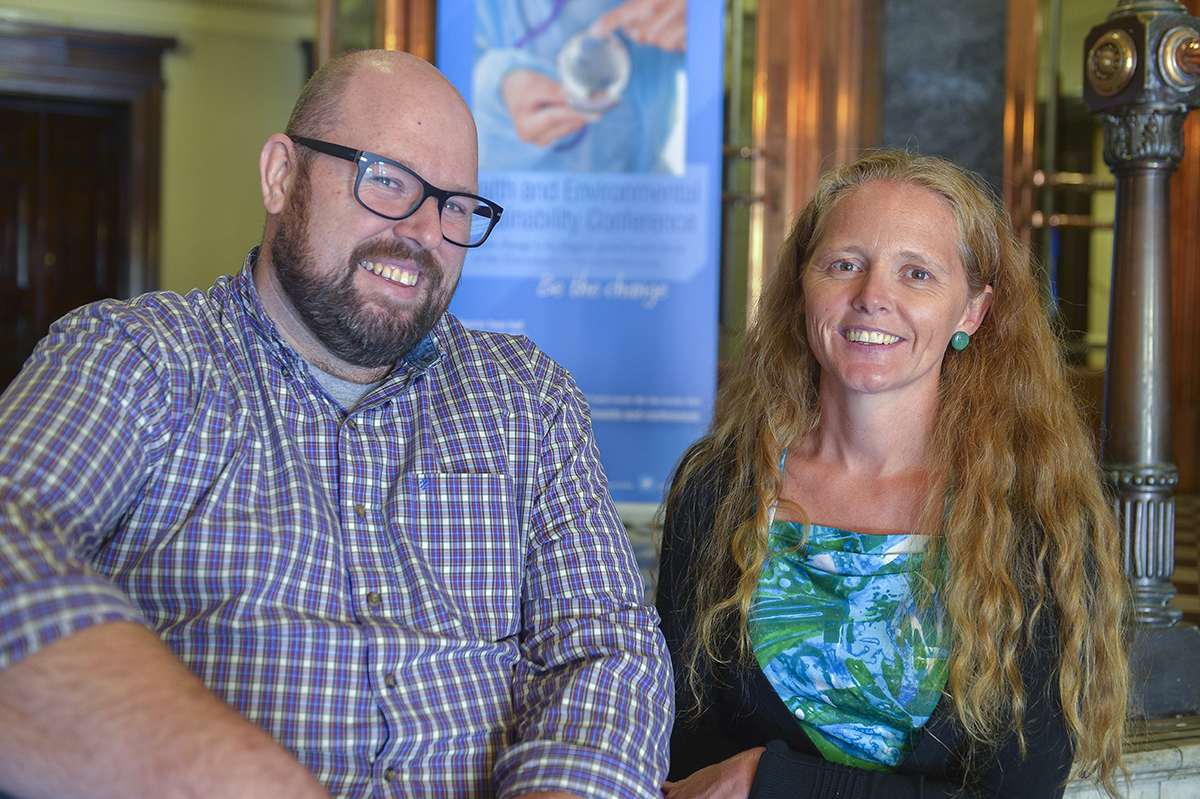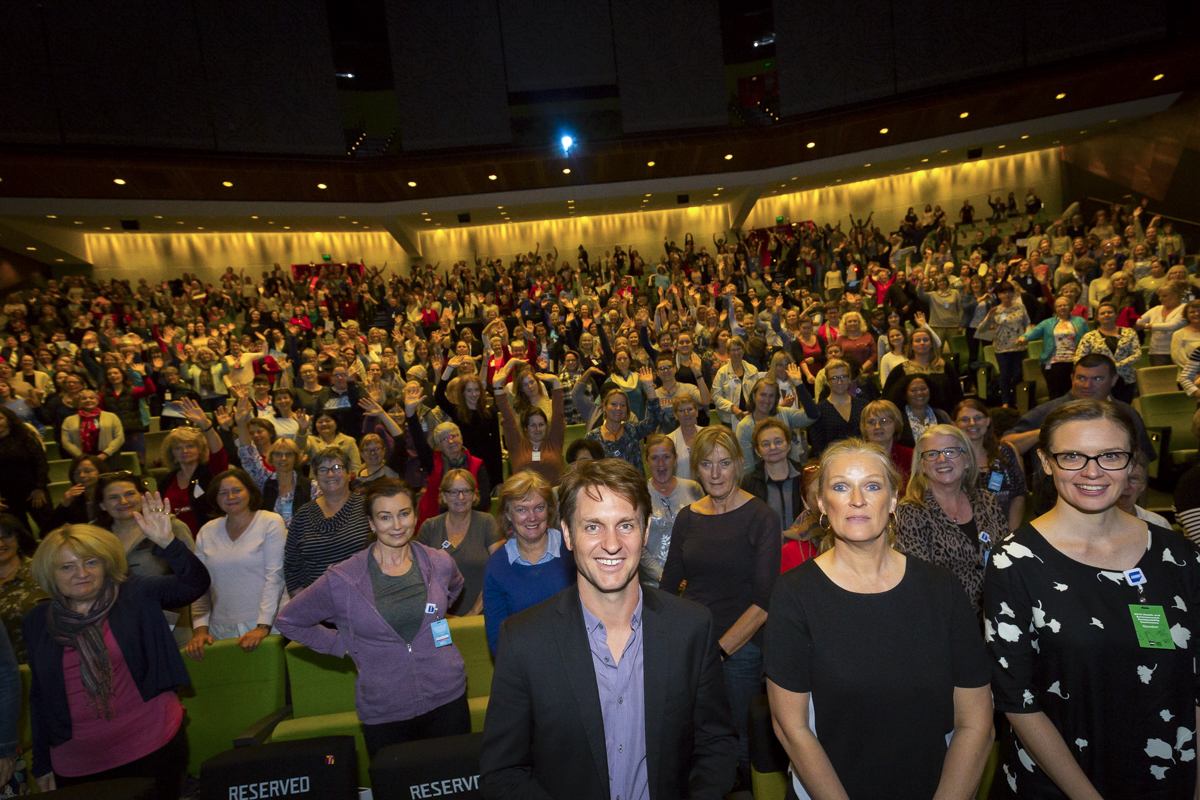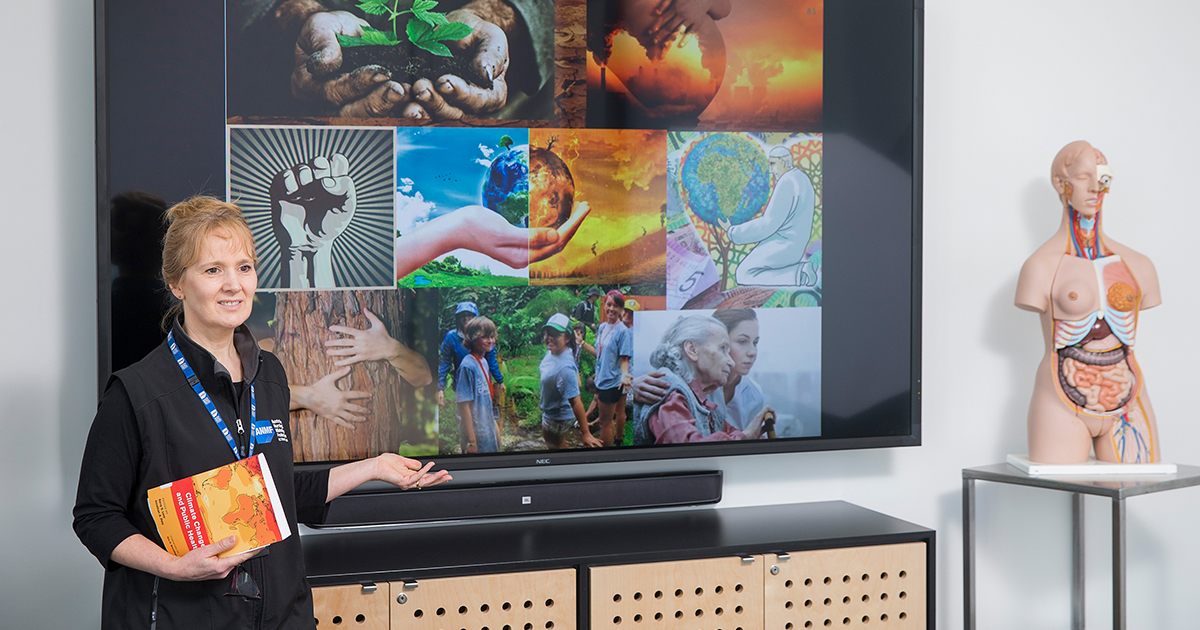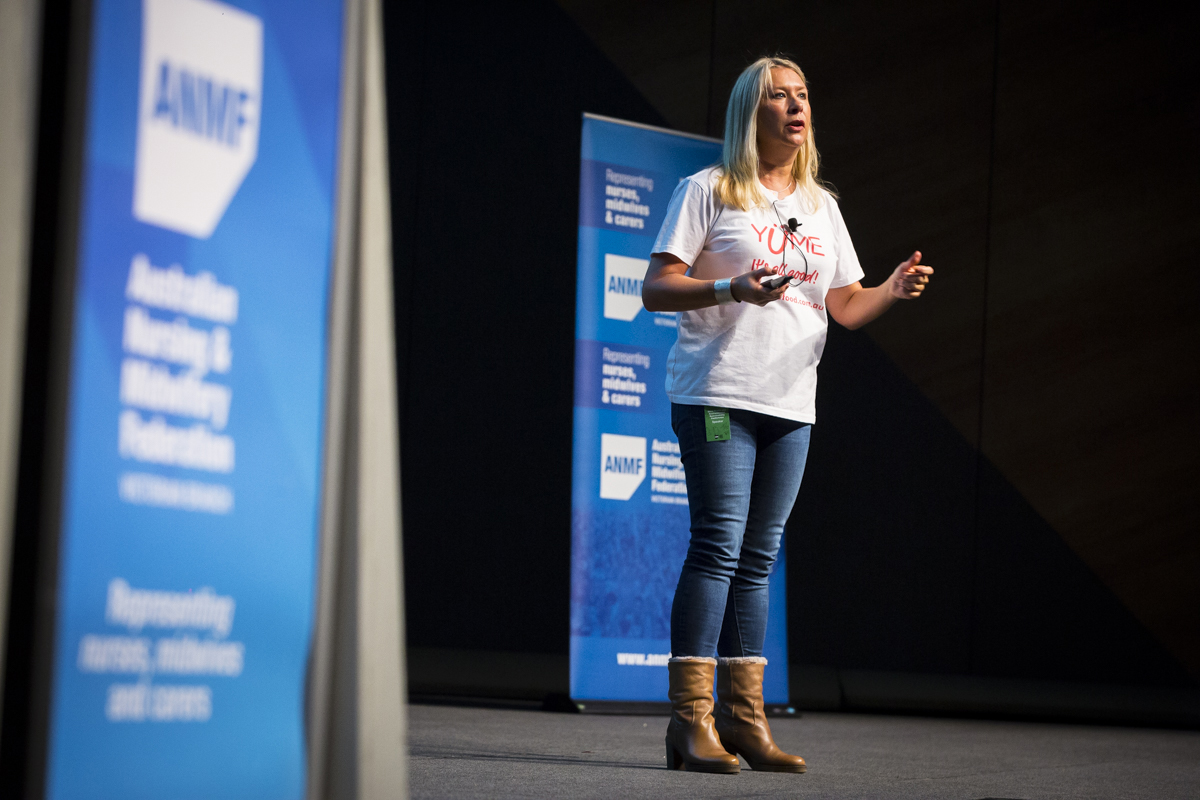
ANMF joins the Australian Council of Trade Unions (ACTU) and the Victorian Trades Hall Council (VTHC) in condemning the Federal Opposition’s promise to overturn Australian’s ban on nuclear power if it wins the next election.
The Coalition is proposing to build a minimum of seven nuclear reactors across the country, including at the Loy Yang Power Station outside Traralgon in Victoria.
Along with the ACTU and VTHC, the ANMF believes that Opposition leader Peter Dutton’s proposal will derail Australia’s path to cheaper and cleaner renewable energy, while increasing consumer energy bills.
The most expensive power
The CSIRO and the Australian Energy Market Operator (AEMO) have assessed the cost of different electricity sources and concluded that nuclear generation in Australia would be the most expensive technology available for consumers (source: GenCost 2023-24)
Taxpayers will likely face a bill of a minimum $17 billion for just one large-scale nuclear power plant. The small modular nuclear reactors that the Coalition has proposed for some sites are likely to be far more expensive as they do not yet exist commercially.
Indeed, the only such reactor in development in America – cited by the Coalition’s climate change and energy spokesman as ‘evidence of a burgeoning nuclear industry for next-generation technology’ – was terminated in November 2023 due to rising costs.
In total, the minimum initial cost of the Coalition’s plan is likely to be around $116 billion but could easily reach $600 billion, according to the Smart Energy Council. Meanwhile, oncosts to maintain nuclear plants are typically higher than for other generators.
On top of those costs, the Institute for Energy Economics and Financial Analysis has estimated that power generated by nuclear would increase annual household energy bills by hundreds of dollars.
In contrast, the CSIRO and AEMO concluded that solar and wind were the cheapest options, even ‘with integration costs’ such as storage and transmission.
Too slow, too dirty, too dangerous
Peter Dutton claims that the first nuclear sites would be operational between 2035 and 2037. These dates are not supported by the CSIRO, which estimates 2040 as the earliest feasible date for any nuclear generator to begin operation in Australia – assuming there are no project delays.
Regardless of when the proposed nuclear plants might be viable, Mr Dutton’s plan involves keeping many of Australia’s existing coal-fired power stations operational beyond what AEMO says are their expiration dates, prolonging the country’s reliance on coal-powered generation. It will also require more gas generation to be added to the electricity grid in the meantime.
Nuclear waste is also problematic, and there are currently no details from the Opposition about this aspect. According to Dr Margaet Beavis, co-chair of the Australian arm of the International Campaign to Abolish Nuclear Weapons (ICAN), ‘nuclear waste is highly toxic and has to be isolated for more than 10,000 years.’
Dr Beavis addressed the 2024 ANMF (Vic Branch) delegates conference in June, primarily about abolishing nuclear weapons. But when asked her opinion on the Coalition’s nuclear power plans, her response was blunt: ‘I think it’s a stupid idea. It’s a proxy for coal and gas. It’s trying to wreck the rollout of renewables. Nuclear power is too slow, it’s too dirty, it’s too dangerous. But above all, it’s too expensive.’
ANMF’s position
ANMF Federal Secretary Annie Butler says that ‘the notion of Australia becoming reliant on nuclear energy is a dangerous distraction from our considerable progress towards a much more climate and health-conscious renewable energy future.’
She continued, saying that ‘the generation of nuclear power will not address the health issues related to coal and gas, which ANMF members confront and deal with on a daily basis. It will only increase these issues and exacerbate risks to the environment and population health, making the work of our members even harder.
‘ANMF members work continuously to improve the health of all communities. Our assessment of the proposal to transition to nuclear power is that it will do little to achieve that goal.’
With the federal election likely to be called in the first half of 2025, members concerned about the Opposition’s plan can sign up to the VTHC’s No future for nuclear activist forum. You can also sign the no future for nuclear petition.




